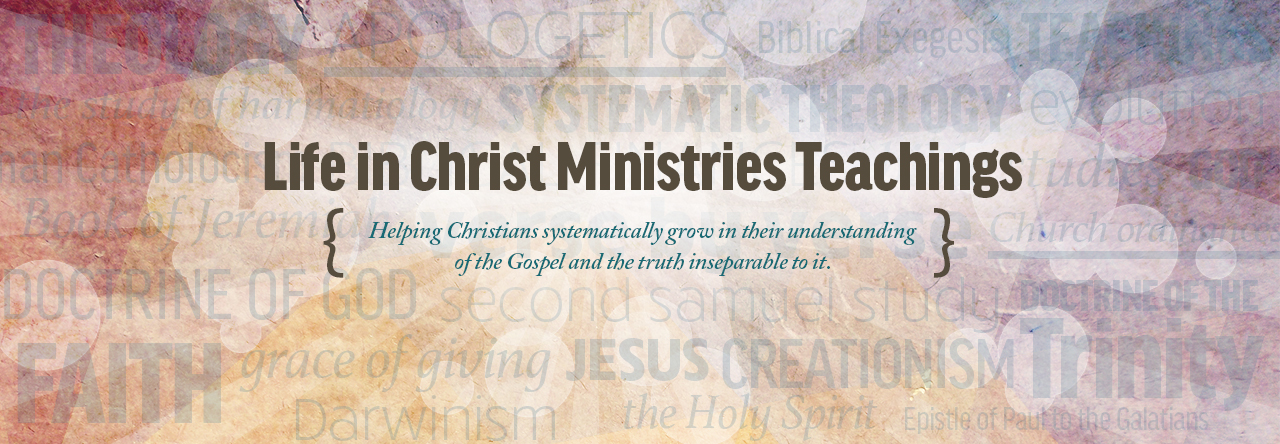Restorer. Notice how the chapter begins: “Then Abram went up from Egypt, he and his wife and all that he had, and Lot with him, to the South” (vs.1). And so the dismal days of unbelieving, lying, self-protecting behavior that earned Abram a reprimand from an ungodly king were behind him. Interestingly, it’s as though the geography reinforces that idea. After all, Abram went – now watch how the text describes the locale – “to the place where his tent had been at the beginning” (vs.3b) and “to the place of the altar which he had made there at the first” (vs.4a). In back-to-back verses that specification is given. These historic reminders bring us back to Genesis 12:8 – the place where Abram built an altar and worshipped the LORD before going to Egypt. In one sense, yes, it was ‘back to square one.’ But it’s also as though Abram was getting a fresh start since he was back at the place where he was before he failed. Even though he faltered he would still become ‘the father of the faithful.’ A spiritual slump in Egypt didn’t send Abram into early retirement. You could say that here in Genesis 13 we get a kind of hint of what we would see so vividly displayed later on in redemptive history in the life of Peter – God is a restorer. Although sin is serious, it does not indefinitely sever a believer from usefulness. Peter, for example, was called to strengthen his brethren and feed the flock post his thrice denials (Lk. 22:32; Jn. 20:15-17). So there is indeed good news for failures like Abram, Peter, and us – God is a restorer. He can restore years (Joel. 2:25-26), nations (Jer. 30:17), joy (Ps. 52:12), and all things (Acts 3:19-21; Rev. 21:1-5) – including faltering patriarchs and stumbling saints.
Read More

















